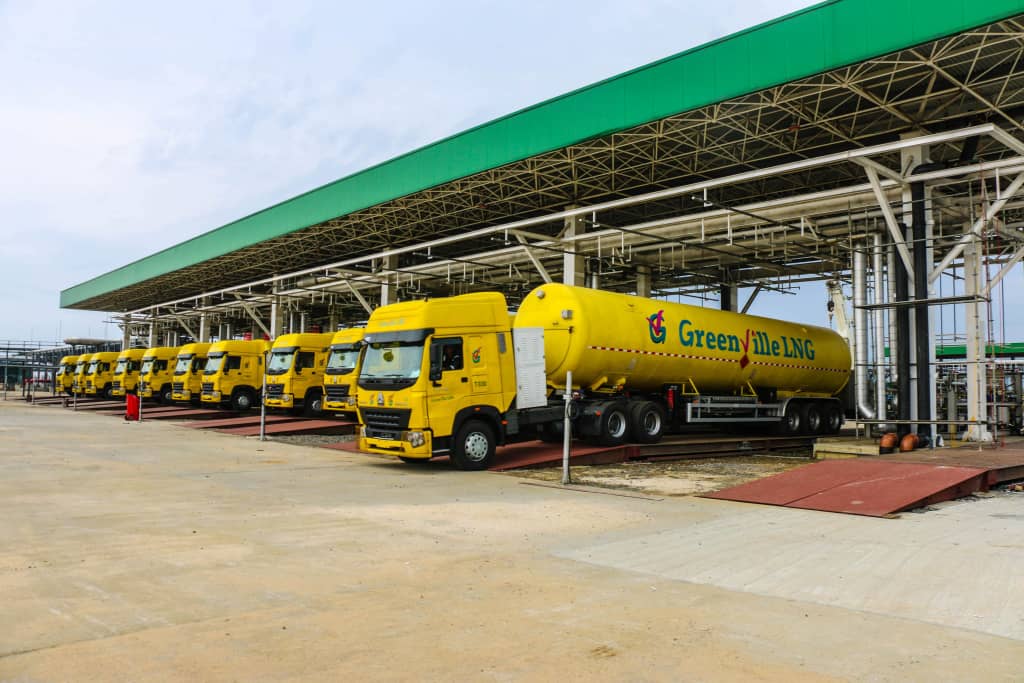Greenville a Liquefied Natural Gas (LNG) production and distribution company in Nigeria, has announced strategic partnership with Nasarawa Investment & Development Agency (NASIDA) to build an LNG and L-CNG auto fuel station in Nasarawa state.
This newly signed MOU with NASIDA will promote virtual gas supply for businesses and people of Nasarawa State, the LNG, and L-CNG retail station will refill heavy-duty trucks and smaller vehicles such as automobiles and Keke NAPEP fueled with LNG or CNG.
Greenville’s goal is to continue providing gas to Nigerians, especially the North, devoid of pipeline infrastructure. This project will change the state’s transportation industry, eliminating fuel shortage and expanding gas flow within the state; promoting clean energy will benefit the environment, investors, and local businesses in Nasarawa State’s industrial and auto gas sectors.
Managing director, of Greenville LNG, Ritu Sahajwalla, said: “Greenville is the first one to take this initiative after we have taken gas for industrial and power applications to every nook and corner of the North and South of Nigeria. It is now time to change the heavy transportation industry, by adopting LNG as a much cheaper and cleaner fuel produced in Nigeria with Nigerian gas.
“The great thing about Greenville LNG virtual pipeline system, is you don’t worry about poor or complete lack of flow or vandalization as opposed to the case of a physical pipeline; with the virtual pipeline there is a constant flow and most importantly it is clean energy which is very important to the environment of the Country, especially in the current climate crisis. Potential investors will now be able to get the adequate provision of gas to competitively power their industries and vehicle fleets.”
Similarly, the managing director, NASIDA, Ibrahim Abdullahi, said: “we are very particular about attracting private sector investment into Nasarawa state, we have worked in the industry for the private sector as a commercial voyager, and we recognise that all of our development aspirations cannot be funded by the government, and there is a huge infrastructure deficit. we also identified gas as a unique opportunity and a critical factor for industrialization for Nigeria.”
We’ve got the edge. Get real-time reports, breaking scoops, and exclusive angles delivered straight to your phone. Don’t settle for stale news. Join LEADERSHIP NEWS on WhatsApp for 24/7 updates →
Join Our WhatsApp Channel









